[ad_1]
Let’s be real: end of the year book lists are incredibly subjective. They end up being a roundup of books that whoever the person putting the list together loved. And there’s obviously a wide gap between what was published versus what this particular person read. And yet, I personally love these roundup lists, especially when they’re put together by someone who reads widely, including both small and large presses. That was my aim, at least.
It’s been an excellent year for notable debuts. With so many remarkable ones to choose from, narrowing a list down to ten was quite a feat. I didn’t include books nominated for large awards, including the CHIRBys, and I had to leave off some great ones, but these ten books are all impressive works of literature that didn’t get the attention they deserve. I know everyone’s TBR stacks are exploding at this point, but do yourself a favor and add these ten books as they’re all must reads!

Eleutheria
By Allegra Hyde
Vintage
2022 was an extraordinary year for climate fiction (I still need to read Sequoia Nagamatsu’s How High We Go in the Dark), and Allegra Hyde’s Eleutheria was a notable addition. The novel is a propulsive story, braiding together the protagonist’s past relationship with a professor and her current adventure on a tropical island, and deals with activism and idealism. It’s an inventive page-turner that says something the world needs to hear: the catastrophe of climate change is vast, yes, but there’s power in centering solutions–we are not without hope.
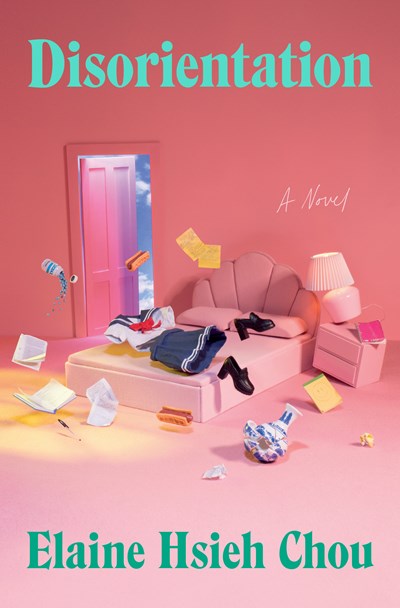
Disorientation
By Elaine Hsieh Chou
Penguin
I picked up Elaine Hsieh Chou’s debut after reading our review by Malavika Praseed. I was in the midst of a reading slump, and, as Praseed promised, Chou’s novel is “intensely readable.” It’s a social satire dealing with important themes of power, privilege, and—to quote Praseed once more—”the meticulous unpacking of Asian American identity in the lens of violence and fetishism.” Disorientation was the perfect book to end my slump because it’s a sharp, witty page-turner, but also asks important questions about appropriation and who gets to tell one’s story—and how that story changes depending on who tells it.
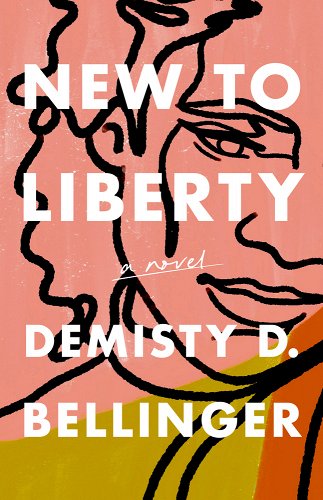
New to Liberty
By Demisty D. Bellinger
Unnamed Press
I’m a sucker for novels written by poets, and was excited to check out Demisty D. Bellinger’s debut, New to Liberty. Bellinger is the author of the chapbook Rubbing Elbows, and her novel is unsurprisingly poetic and lyrical. But beyond its captivating prose, this story is richly layered. Structured in three parts and offering three women’s stories set in three different years (1966, 1947, and 1933), each section builds off the previous one. Packed with symbolism, the novel is a thoughtful meditation on violence, power dynamics in relationships, and how history endures within us.
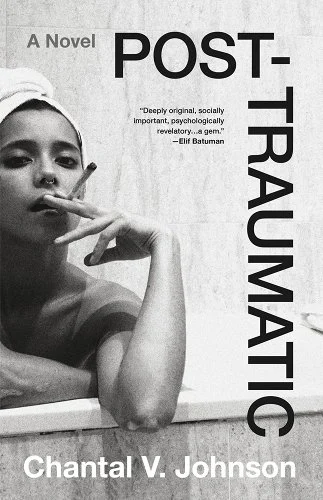
Post-Traumatic
By Chantal V. Johnson
Little Brown and Company
I was surprised that Chantal V. Johnson’s debut wasn’t nominated for any big awards because it certainly checks all the boxes. It’s not an easy read—it tackles a lot of heavy issues like child abuse, sexual violence, racism, misogyny—and yet, it’s infused with humor and ultimately, I think, hope. On a craft level, this novel does a lot, subverting expectations and packing a punch. But beyond that, Post-Traumatic says something important about the impact of trauma, our country’s mental health crisis, and the toxic stress faced by a Black Latinx woman in America.
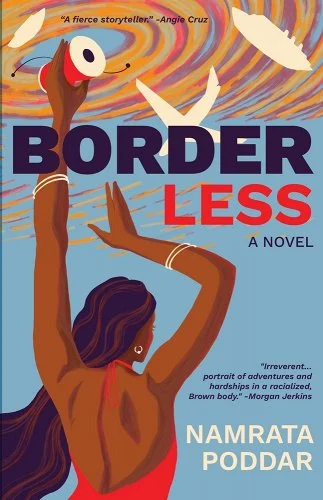
Border Less
By Namrata Poddar
7.13 Books
This novel doesn’t have a traditional narrative arc, thankfully—its fragmented, mosaic structure is one of its strengths. Namrata Poddar plays with the English language and uses staccato rhythm and unconventional form, challenging the idea of a “mainstream” Western novel, examining colonization and othering, not only in this country, but our literature. We meet a range of characters—immigrant maids, blue- and white-collar workers in the hospitality industry, Bollywood artists, single mothers, academics, tourists, and more—in India and America, and the result is an elegant meditation on the way Brown border-crossing people must negotiate power due to race, class, gender, and religion.
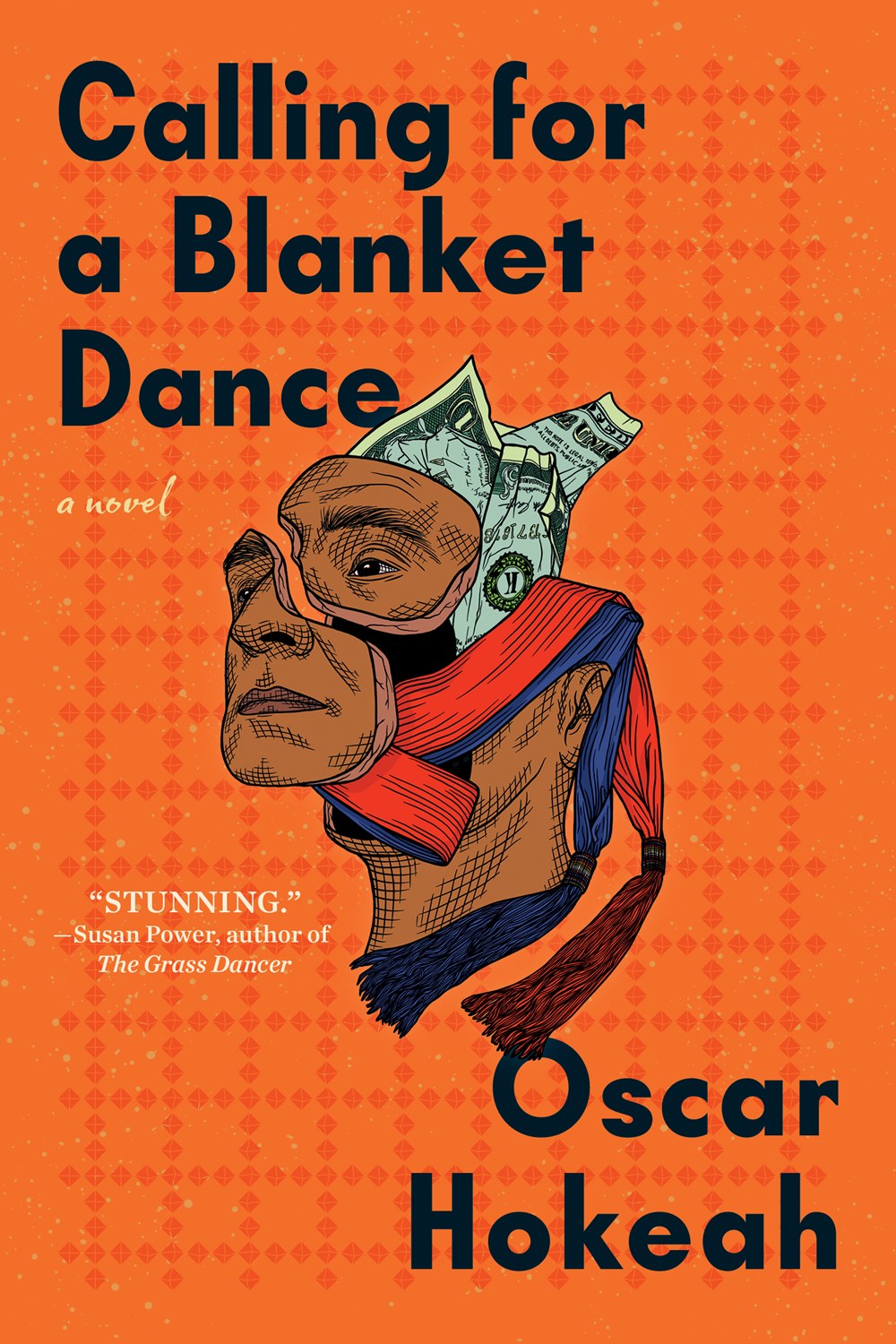
Calling for a Blanket Dance
By Oscar Hokeah
Algonquin
Another novel I was certain would receive award nominations was Oscar Hokeah’s Calling for a Blanket Dance. The novel is narrated by a dozen different characters all connected through familial bonds, yet manages to be about how the central character finds his way home. It’s an intimate story of how intergenerational trauma shapes a community and the innate strength the central character has to save himself and the generations that come after him. It’s a beautiful novel and a stunning achievement.
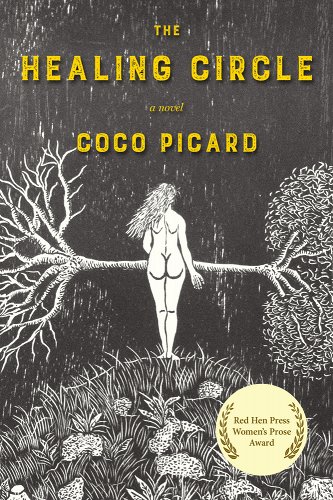
The Healing Circle
By Coco Picard
Red Hen Press
Another novel that subverts expectations is Coco Picard’s debut about a terminally ill woman who flees to Munich for a miracle cure. Of course a novel about dying will also inadvertently be about living, but The Healing Circle goes far beyond that. The richly layered novel tackles migration, the transmission of trauma, consumerism, the lecherousness of the wellness industry, and more. It’s also very smart and very funny.
Note: You can check out our interview with Coco Picard.
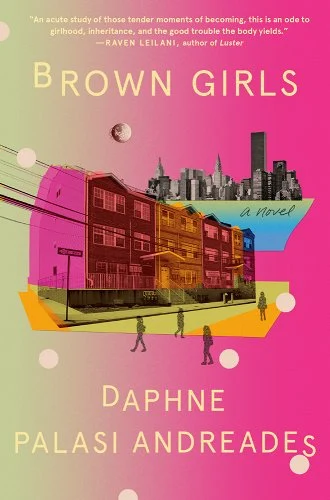
Brown Girls
By Daphne Palasi Andreades
Random House
Sustaining the first person plural for an entire novel seems a near impossible feat, but Daphne Palasi Andreades pulls it off beautifully. Set in Queens, New York, and told by a chorus of young women of color, the novel is prismatic, lyrical, and unforgettable. The characters have different ethnic backgrounds, and it’s stunning the way Andreades ties their experiences together into a collective portrait of childhood and initiation into adulthood and beyond. The novel examines ambition, loyalty, freedom, and commitment, and is required reading for any writer tackling first person plural POV.
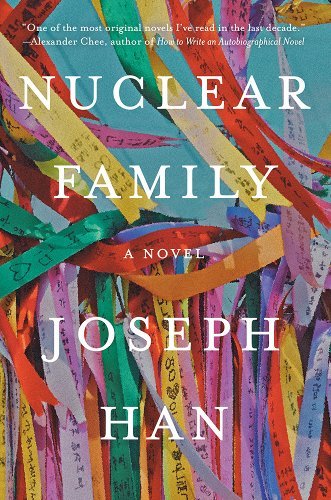
Nuclear Family
By Joseph Han
Counterpoint
Nuclear Family is another novel I picked up thanks to our great review, which I’m going to quote again because Minyong Lee does such a wonderful job describing it: “The book is unabashedly Korean American, feeling no need to overexplain to an audience that doesn’t care to do their own research. At the same time, Nuclear Family invites those who are unfamiliar but are willing to explore its world with an open heart. It is a book that exemplifies what is unique and special about Korean American literature outside of Korean or American literature, and one that will haunt the reader for a while.”
Note: Joseph Han was featured on the Your Favorite Book podcast.
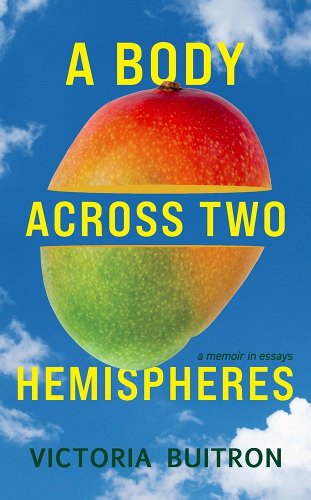
A Body Between Two Hemispheres
By Victoria Buitron
Woodhall Press
I’m sneaking in a nonfiction pick because this memoir in essays is phenomenal. A Body Across Two Hemispheres is an absorbing examination of culture, identity, language, and immigration, showcasing Buitron’s impressive range as a writer. Using a variety of narrative techniques—including collage documentary and abecedarian—the book is deeply affecting and beautifully written, and an important meditation on loss, love, belonging, and migration, while highlighting the convergence of the political and personal.
[ad_2]
Source link

